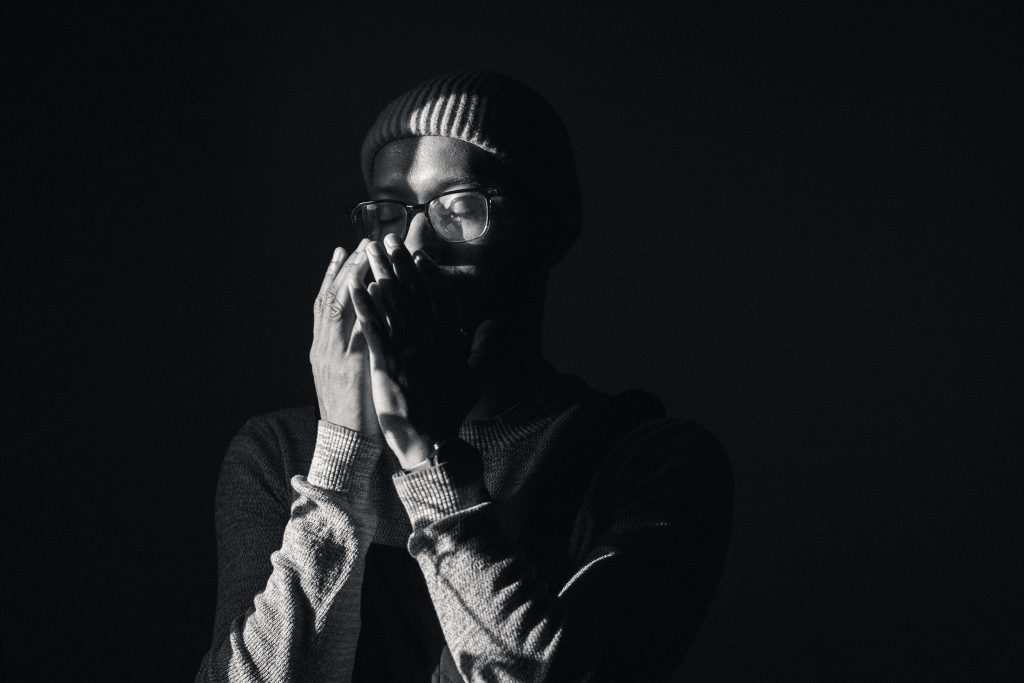
Sirat is one of my favourite films of the year. I watched it three times in the cinema within the span of two weeks, and each time, it moved me deeply. I’ve been telling everyone I know to go see it, because I want them to have the kind of experience I did. I want them to moved like I was moved.
Last night, I friend of mine saw it and did not like it at all. She saw all the things I did, but was left completely unmoved.
“What did you see in this film?” she asked me.
A couple of weeks ago, I was talking with another friend about kissing — whether someone can be a bad kisser — and her take was that for the most part, there is no such thing as a bad kisser. Sure, there are techniques and actions that make a kiss more or less pleasurable, but a kiss is between two people, and even if the techniques are good, if the other person isn’t feeling it, it’s a bad kiss.
“You might be a good kisser — whatever that means — and still have a bad kiss.”
I think it’s the same with films.
There are the things the film brings to the table: a particular story; certain lines of dialogue; lighting, camera, and the choice of lenses; music, blocking, and of course the actors.
Then there are things that you bring: your childhood and upbringing; places you’ve been, people you’ve met, and the kind of relationships you’ve have in your life; and of course the other films you’ve watched along the way.
And it’s in the chemistry between these two things that an experience of a film is created. This is why sometimes you might rewatch a film you love years later, and find that it’s no longer good. Or you’ll accidentally watch a film you used to think was bad, only to realise it’s a masterpiece. In both cases, the films remain the same; you’re the one who’s changed.
Sometimes it’s not enough to be a good kisser, you also need the right partner to have a good kiss.